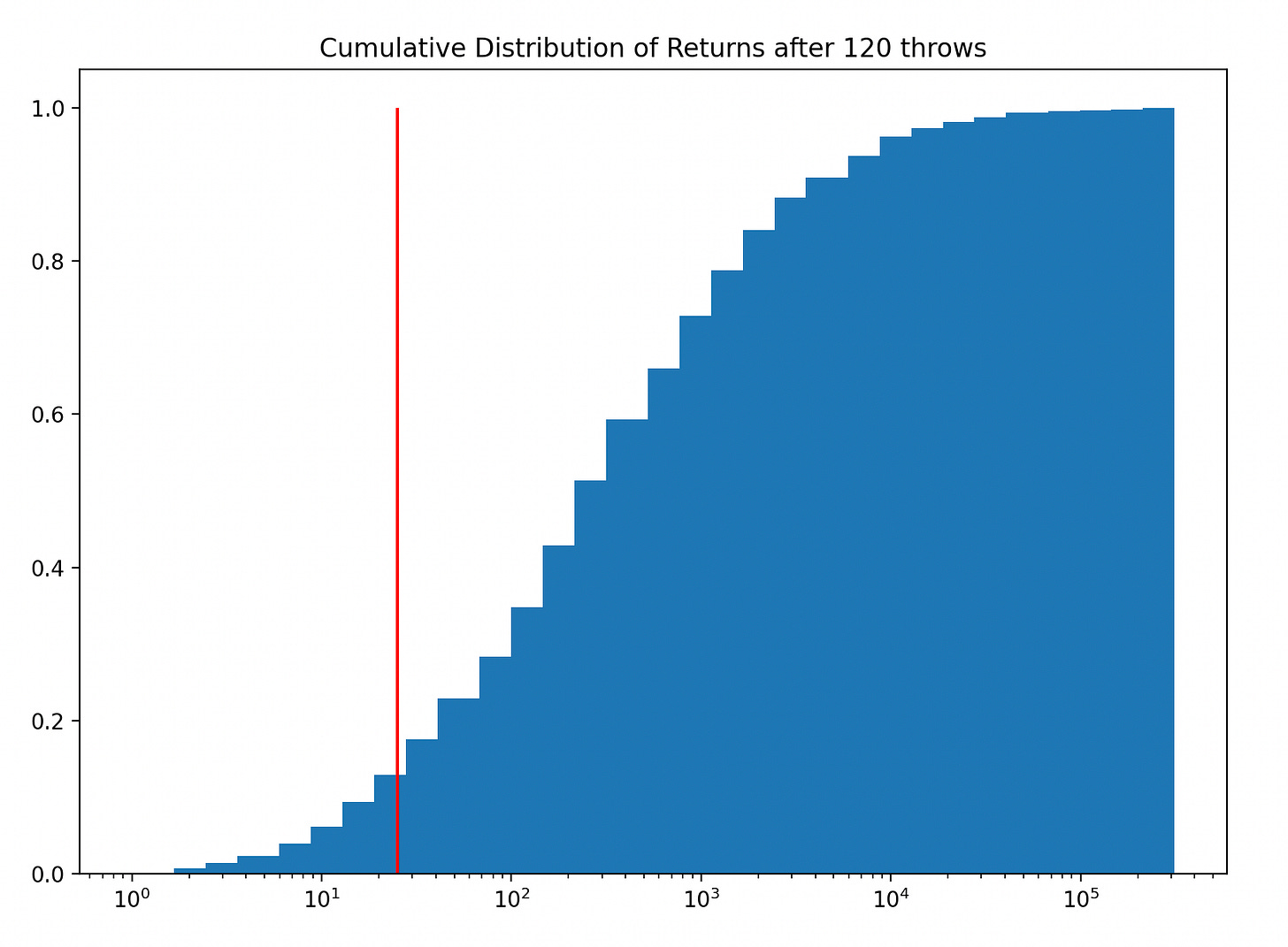A live (3D) map of all trains in Tokyo, including some live footage. Reminds me of various resource management games. It’s surprisingly calming, nice to just have on on the side.
Related (opinionated) article on what makes Tokyo such a great city. (Part of the answer is trains!)
Metric Time. The glorious day where we all switch might never come, but, a man can dream.
This paper is incredible and gives me great hope of "understanding" transformers in the future. Definitely more technical than what I usually post, but I think very important. This line of research allows us to crack open the supposedly black boxes and lets us marvel at their insides.
Fixing windows is good actually, or, why fixing broken systems is good despite the (real) harm to some specific businesses. I actually think this is something that people who push for green technology should take more seriously. Yes, it is better for everyone across the board if we have more solar, hydro and nuclear. However, there are real people who will lose their jobs working in oil and gas, and we should be compassionate towards those people.
A insightful 3 part series on the power grid. It is a fascinating tale about the amazing advances in electricity transmission, generation, financing and market structure. Here is part 3 for easier navigation.
An exploritory analysis of Bhutan’s Securities and Stock Markets. I will quote the Diff to convince you to read this article:
And this kind of thing can be worth doing for pure meme value; if you're going to pick a stock that goes up 50%, it's simply much funnier for it to be a Bhutanese alloys business rather than yet another SaaS stock.
We solved turbulence? It's just a (very complicated) PID problem.
New programming language mojo. I haven't yet played around with it, but if all the claims are true it could be a real contender to python. It has essentially python syntax + it is actually fast, a very promissing combination.
Llemma: a language model for Lean the mathematical proof assistant. While this is not yet that good, these systems are extremely scary to me, someone who is getting a PhD. I wonder how good these systems will get when you train them purely on LEAN with RL.
An interesting step into the direction of using LLMs for therapy. It is more like a self therapy co-pilot, but probably a reasonable place to start for people who are already generally well.
Lindy.ai allows you to “hire” AI employees. I think the killer feature here for the time being is the instant processing of data. The various AIs you have can also interact with each other. Lots of data processing type jobs might be (slowly) phased out soon. Also, it will be really cheap to have an actually useful personal assistant. There is definitely a shift in the economy coming from this, it is just still very unclear how and in which direction. Managing large teams of AIs interacting with the outside world and each other will probably be a valuable skill. The question is if it will be more like the job of a sys-admin or a current day manager or some secret third thing. There are of course going to be many companies of this type! .
Two responses to techno-optimism. A rebuttal. A somewhat supportive statement.
An older essay that seems important now.
Preserve knowledge forever*. There are some fun hypotheticals about what one would need to preserve to kickstart civilization again quickly in case of a civilizational collapse. Maybe I should get some EA people on this!
Asterisk Magazine on how a simple solution of water sugar and salt took until the 1960s to be discovered.
19. The perils of replicating papers:
20. Elm Wealth and the coin-flip game. I recommend going in blindly. Also read the associated article (after). It is surprising how much probability can fool you. I am getting a PhD in Probability Theory and knew of the optimal strategy in these types of games before hand. Still on my first run I just didn’t quite trust the information they gave me due to a somewhat unlikely run of tails. This made me deviate from the optimal strategy and surely lose more money than I otherwise would have. I ran a quick simulation to see just how unlucky I got. As a reminder: we get 60% heads and 40% tails. We can bet on either and double if we are right and lose the amount bet if we are wrong. The optimal strategy is always betting 20% of your total amount. After 50 coin flips following the optimal strategy ~20% of players would still have less than their starting amount. After 120 flips (1 every 5 sec for 10 min) around 16% of players would have less than they started with.





